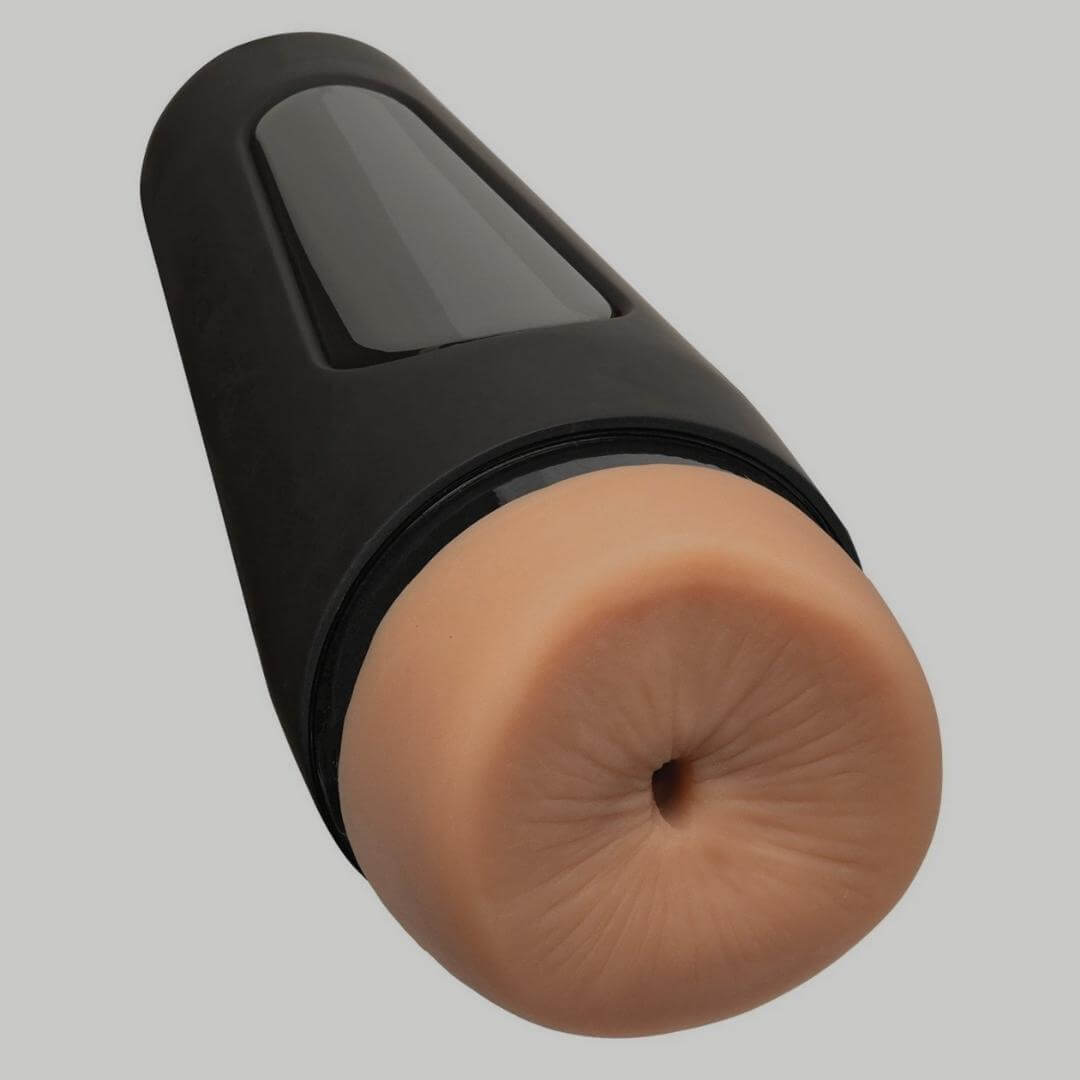4 Facts You Didn't Know About Gay Pride

🌈 For many of us younger folk, Pride parades and celebrations are something we tend to take for granted...
It's easy to get so caught up in the spectacle and atmosphere of celebration that we forget that these gatherings are also for commemoration and, hopefully, further mobilization.
These times of open, free expression and celebration are the result of hard-fought battles against the unbelievable social, political, and economic forces that kept the LGBTQ community repressed and hidden in the shadows until only a few short decades ago.
Though we may be out of the darkest of days, things could still be a bit brighter, and if we want to know how to get to where we're going, we need to know where we've already been.
With that in mind, here are some interesting facts about the history of the Gay Pride Movement that may surprise you:
Pride Celebrations Commemorate The Stonewall Riots
 (Source: http://www.polarimagazine.com/editorial/stonewall-riots-pride-legacy/)
(Source: http://www.polarimagazine.com/editorial/stonewall-riots-pride-legacy/)
Most of us have at least vague idea of what the Stonewall Riots were and that Pride celebrations are in honor of the event, but how many of us take the time to appreciate the events and influences that led up to that incredible flashpoint in the history of gay rights?
Regrettably, there are still many places in the U.S. where public displays of same sex affection, cross-dressing, or any other sort of non-cis, non-hetero behavior are met with open disdain and even the threat of violence, but this level of oppression is nothing compared to what our LGBTQ forebears had to contend with.
Back in the day, being anything other than cis/hetero was actually illegal.
Often LGBTQ people were met with public shaming, arrest, and ostracism at best, or lynching, violence, or torture at worst. There were very few safe places where we were allowed to be who we are openly.
Much like the prohibition of alcohol, the prohibition of homosexuality led to the birth of a seedy underworld of police corruption, mafia influence, and the exploitation of marginalized groups.
Never ones to let a good prohibition go to waste, the mob seized on the opportunity to provide safe havens for prohibited activities, for a price.
Police frequently raided these bars and clubs. They would shake down the patrons for ID and take names. Turns out, the police didn't like to let a good prohibition go to waste either, and they started to accept bribes for protection against these raids.
It was such a common occurrence that the marginalized patrons of these clandestine establishments, many trans-gendered and/or people of color, just sort accepted it. Until the fateful night that they didn't- The Stonewall Riots.
It might be tempting to credit the NYC Mafia with bringing the LGBTQ community of New York together, but the fact of the matter is...
"Much like the prohibition of alcohol, the prohibition of homosexuality led to the birth of a seedy underworld of police corruption, mafia influence, and the exploitation of marginalized groups."
The Mob Were A Bunch Of Bastards

(Source: http://www.polarimagazine.com/editorial/stonewall-riots-pride-legacy/)
You might be surprised to hear that the Mafia didn't provide these gay safe spaces to the LGBTQ community out of altruism or a sense of duty to the well-being their fellow human beings, quite the opposite, in fact.

They had dollar signs in their eyes, and like all people with dollar signs in their eyes, they cut every corner possible to make a buck.
These establishments were out of the reach of health and hygiene laws and were downright filthy.
Bartenders rarely even had access to running water behind the bars and would serve drinks in dirty, used glasses. Many people even blame the deplorable conditions at the Stonewall for an outbreak of hepatitis that occurred in 1969.
These venues were also frequently fire-traps, offering only one narrow exit through the entry door.
In the event of a fire or other emergency, people would have definitely died from trampling or inability to escape. Remember the band Great White? Remember why you remember them?
On top of the outrageous conditions of the venues, the mob would charge exorbitant cover charges for entry.
As if that wasn't enough, most of the booze was bootlegged and extremely watered down but sold at top-shelf prices.
All of this is just the greasy icing on an even greasier cake. Most of the money that the mob made from running these underground clubs actually came from, wait for it... extortion.
I know, I was shocked to hear that the mob would resort to extortion myself, but here we are.
Turns out, the most profitable part of offering people a place to engage in legally prohibited activities is blackmailing the patrons for engaging in legally prohibited activities.
The mob would single out wealthy, un-outed patrons and squeeze them for every penny they were worth under threat of being publicly outed.
That's not even the greasiest of it. They would also target poorer, more vulnerable people with threats of public outing to force them into prostitution or criminal acts.
The saddest part of all of this is that the patrons just put up with it because it was the only way they'd have a place where they could be themselves without shame.
"On top of the outrageous conditions of the venues, the mob would charge exorbitant cover charges for entry."
Black Cat Tavern Riots
It's funny how the fight for the rights of marginalized people advances in sudden bursts. People go through their daily lives tolerating the intolerable simply as a mundane daily matter.

They suffer in silence, feeling singled out and frightened until, one day, something breaks and they lash out. They refuse to give up their seat on the bus, they finally speak their mind, they organize, they throw a brick, they fight back.
Sometimes the spark of rebellion catches, like in the case of Stonewall, and sometimes it dies down to a glowing ember waiting to be re-ignited when the time is right- Enter The Black Cat Tavern.
Just like in NYC, the rest of the country's LGBTQ community were also experiencing police corruption and repression and L.A. was certainly no exception. Just like in NYC, the patrons eventually became fed up with their marginalization and fought back.

Unlike in NYC, these riots didn't explode into a full-on national campaign of "Gay Liberation", but that doesn't detract in any way from the importance of the event.
The police in L.A. were markedly more brutal in their treatment of the gay community during raids and random arrests, and these riots led to the opening of an extremely important, intersectional discussion about police brutality in general.
Two participants in the momentous events were moved to create a public forum for LGBTQ issues and went on to found The Advocate, the oldest and largest surviving LGBTQ publication and the only one of its kind published before the Stonewall Riots.
"Just like in NYC, the rest of the country's LGBTQ community were also experiencing police corruption and repression and L.A. was certainly no exception. Just like in NYC, the patrons eventually became fed up with their marginalization and fought back."
🏳️🌈 The Battle Beyond Our Borders 🏳️🌈

I mentioned earlier how it is easy to take Pride celebrations for granted and that fact is never shown in a starker light than when you realize that the fight for the rights of LGBTQ people doesn't end at our borders.
Although there are Pride celebrations in nearly every country in the world, there are still more than a few notable holdouts.
In fact, in the entire continent of Africa, only one country has any sort of public Pride celebration, South Africa. In the Middle-East, Israel is the ONLY country where LGBTQ 🏳️🌈 people enjoy full rights.
There are 77 countries that have no public Pride celebrations. Homosexuality is still legally prohibited in these countries and often carries an extreme penalty. Iraq, Saudi Arabia, Sudan, Mauritania, Malaysia, Singapore, and Nigeria are known to have some of the strictest anti-homosexuality laws on the books. In many of these countries, a conviction can mean a sentence of extreme beatings, imprisonment, treatment tantamount to torture, or even death.
If we really care about the advancement of LGBTQ rights, or human rights in general, we need to understand that these battles we have won on our own soil are still raging on in the most vulnerable parts of the world. We need to celebrate the hard-fought victories and commemorate the losses of our foreign counterparts, as well as our own.
Now, nobody is saying that you should be bummed out all through Pride month, quite the contrary! I'm going to be throwing all sorts of fun Pride content your way in the coming month or so- I just wanted to put us all in a place where we have our feet firmly planted on the ground so we can have our head in the clouds.
I just think it's important to party because we fought, and to remember that we need to keep fighting so we can party.
"In fact, in the entire continent of Africa, only one country has any sort of public Pride celebration, South Africa. In the Middle-East, Israel is the ONLY country where LGBTQ people enjoy full rights."















